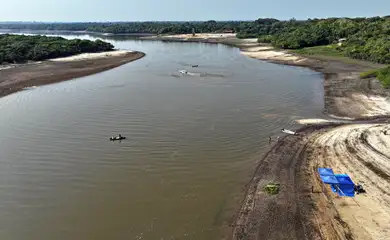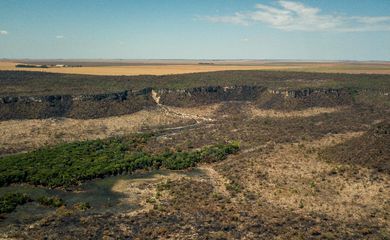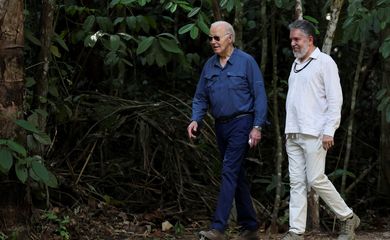Deforestation in Atlantic Forest drops 55% in first half of year

Data from the Atlantic Forest Deforestation Alert System (SAD) indicates a 55 percent drop in deforestation within the biome during the first half of 2024, compared to the same period in 2023. Between January and June, 21,401 hectares were deforested, a significant decrease from the 47,896 hectares recorded last year, according to a survey released by the SOS Mata Atlântica Foundation in collaboration with MapBiomas.

Despite the reduction, the foundation emphasizes that the impact of deforestation remains alarming and unacceptable, particularly in this highly threatened and heavily degraded biome. It acknowledges that achieving the goal of zero deforestation in the Atlantic Forest is feasible but remains a significant challenge.
The decline in deforestation is largely attributed to strengthened enforcement measures, the suspension of credit for illegal deforesters, and the implementation of remote embargoes—restrictions applied to deforested areas identified through remote monitoring, effectively preventing their commercial exploitation.
“The reduction in deforestation reflects the strengthening and enforcement of Brazil's environmental policies, particularly the resumption of environmental inspections and the bolstering of the Ministry of the Environment and Ibama,” stated Luís Fernando Guedes Pinto, executive director of SOS Mata Atlântica Foundation. While he acknowledged that the current data offers a temporary reprieve, the agronomist emphasized the ongoing need for vigilance and sustained action.
In the enclave areas—fragments of native Atlantic Forest vegetation situated at the borders of other biomes like the Cerrado, Caatinga, and Pantanal, which saw significant deforestation last year—the reduction reached 58 percent. Pinto described this as highly encouraging news.
Zero deforestation
MapBiomas reports that only 24 percent of the original forest cover of the Atlantic Forest remains, falling short of the minimum 30 percent threshold considered necessary for its conservation, as stated in a study published in Science Journal. Moreover, In voice message, arrested general said coup was backed by Bolsonaro
Pinto emphasizes that for Brazil to meet its commitments under the Paris Agreement, it must achieve zero deforestation across all biomes by 2030. He believes the Atlantic Forest has the potential to be the first Brazilian biome to reach this goal. “That's because deforestation is relatively low there, and it’s a region with strong governance," he said.
Burning
However, he points out that impunity for environmental crimes remains a significant barrier to achieving these goals.
Pinto highlights the significant impact of fires on the Atlantic Forest. He notes that the area burned was larger than the area deforested last year. “While burning doesn’t directly result in deforestation, it contributes to forest degradation. Repeated fires can cause small fragments of forest to disappear,” he emphasizes.
“The authorities' responses have been insufficient, as evidenced by the alarming rise in arson this year,” says Malu Ribeiro, SOS Mata Atlântica Foundation’s Director of Public Policy.







